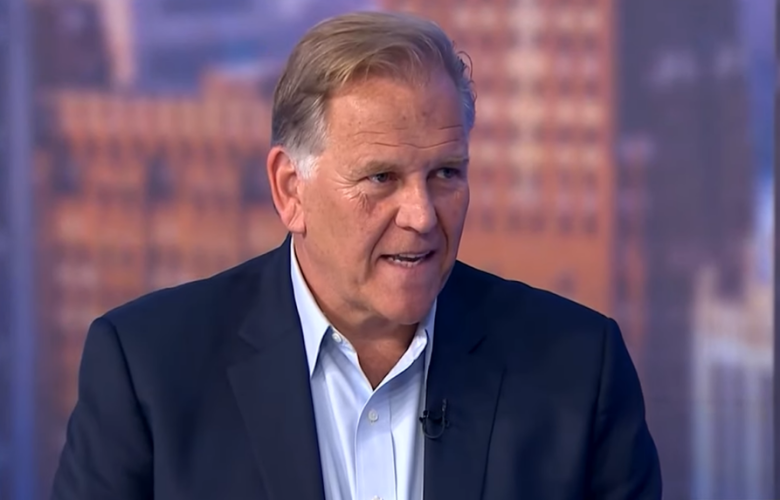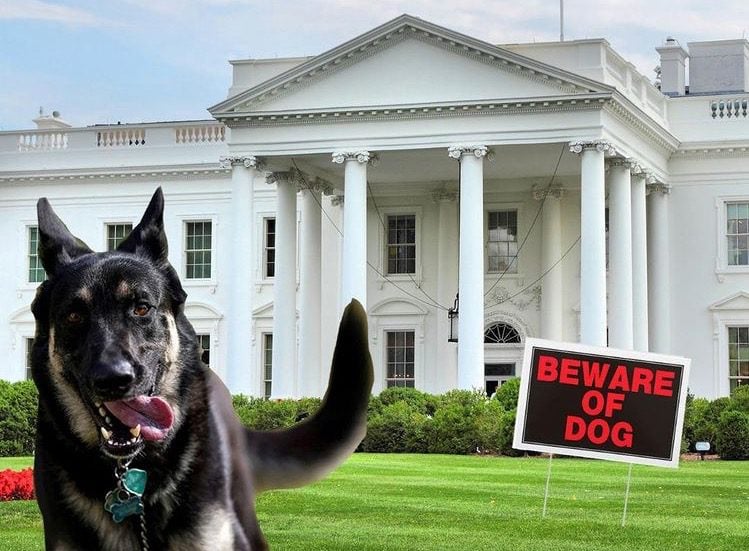The push to position former Michigan Republican Mike Rogers as the next FBI director appears to have faltered, signaling a clear rejection from former President Donald Trump’s transition team. Despite his qualifications, including a distinguished career as an FBI special agent and a stint as chairman of the House Intelligence Committee, Rogers has been ruled out of consideration.
Dan Scavino, a key player in Trump’s inner circle and a senior member of the transition team, delivered the final word on the matter via social media on Friday. Scavino wrote, “Just spoke to President Trump regarding Mike Rogers going to the FBI. It’s not happening — In his own words, ‘I have never even given it a thought.’ Not happening.” This decisive statement has effectively quashed the notion that Rogers was a serious contender.
New Podcast! Trump’s Nominees Rock DC – ET Talk
Rogers initially emerged as a favorite to succeed Christopher Wray, whose tenure as FBI director has been marred by controversies that have led many Trump allies to label him “hopelessly compromised.” The speculation gained traction after Rogers reportedly interviewed for the position at Trump’s Mar-a-Lago estate. His extensive background in law enforcement and intelligence oversight seemed to make him a strong candidate, and his allies touted his potential to restore credibility to the embattled bureau.
However, the prospect of Rogers taking over the FBI met with swift and significant backlash online. Despite his impressive resume, many within Trump’s orbit viewed him skeptically, citing his history of bipartisan cooperation during his time in Congress. For some, this bipartisan approach signaled a lack of loyalty to Trump’s agenda, a critical quality in the eyes of the former president and his closest advisers.
One of the key criticisms leveled against Rogers stems from his support for the intelligence community during the Trump administration’s repeated clashes with it. In particular, his defense of agencies like the CIA and FBI during their investigations into Russian interference in the 2016 election created friction with Trump allies who have long alleged bias within these institutions. This history, coupled with lingering mistrust from certain factions of the GOP, made Rogers a polarizing figure among Trump supporters.
For many in Trump’s base, the FBI’s next leader must embody a commitment to reforming an agency they view as politicized. Under Christopher Wray, the bureau faced allegations of targeting conservative groups and mishandling investigations into prominent Democrats.
Trump himself has frequently railed against the FBI, calling it part of a “deep state” effort to undermine his presidency. Against this backdrop, any prospective FBI director must align closely with Trump’s vision of a depoliticized — but ideologically aligned — agency.
While Rogers’s experience and qualifications initially positioned him as a leading candidate, his perceived ties to the Washington establishment and his occasional criticisms of Trump worked against him. The reaction from Trump’s inner circle, including Scavino’s unequivocal statement, underscores the emphasis on loyalty and alignment with Trump’s priorities as key criteria for leadership roles in a potential second administration.
The public rejection of Rogers reflects broader dynamics within Trump’s team as they prepare for the possibility of another term. Rather than seeking compromise candidates with cross-party appeal, Trump and his allies appear focused on selecting individuals who will advance their agenda and challenge what they view as entrenched opposition within the federal government.
While the rejection of Rogers ends one chapter in the search for a new FBI director, it raises questions about who will ultimately be chosen for the role. Trump’s public disdain for Christopher Wray suggests that any successor will need to meet his expectations for loyalty and assertiveness in addressing issues like alleged corruption and politicization within the bureau.
In the meantime, the broader Republican base continues to debate the direction the FBI should take under new leadership. While some argue for a complete overhaul of the agency, others advocate for a more measured approach to restoring public trust. What remains clear is that Trump’s influence will shape this decision, ensuring that the next FBI director aligns with his vision for the agency.
As the search for a replacement continues, potential candidates will undoubtedly be scrutinized for their past statements, political affiliations, and alignment with Trump’s priorities.
The rejection of Rogers signals that even the most qualified candidates are not immune to such scrutiny if they fail to meet the stringent criteria set by Trump and his closest advisers.


Smart decision on Mr. Trumps part. Why have another cushy supporter of the Intel agencies after that debacle where 51 Intel people lied like dogs to get Biden elected. Take those Security clearances away and fire as many as you can.